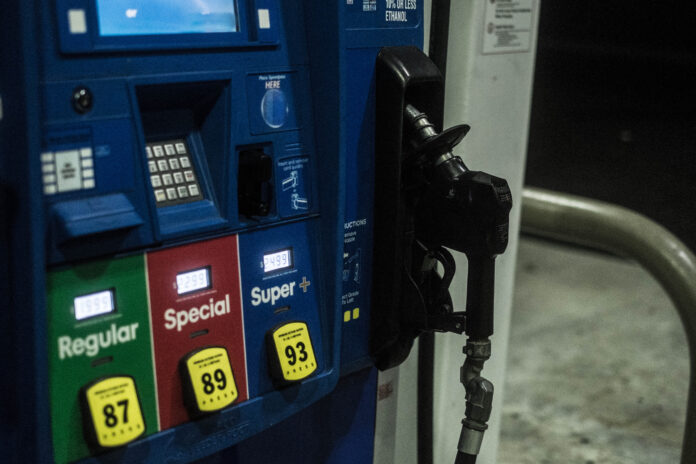As the Missouri Legislature is in session for 2021, lawmakers in the Show-Me State will be deliberating proposed legislation that is intended to mitigate some of the state’s lost revenue from the coronavirus-related downturn.
This has manifested in a multitude of proposed tax hikes, particularly concerning the state gasoline tax. Proposed Senate Bill 262 calls for a fuel tax hike to appear on the ballot as a voter referendum. The proposed referendum aims to increase Missouri’s current tax of 17 cents per gallon on motor fuel to 27 cents per gallon, increasing by two cents per year over a period of five years. The overall gasoline tax hike is intended to fund comprehensive transportation infrastructure improvements.
While this cause is laudable, historically, gasoline taxes have been inherently unreliable sources of funding when it comes to state roads, maintenance, and other transportation infrastructure projects. This is attributable to the rise of more fuel-efficient vehicles. According to The Electric Vehicle World Sales Database, sales of electric vehicles have been consistently increasing since 2011. Furthermore, if states begin to follow in the footsteps of California Gov. Gavin Newsom, we are likely to see a phasing-out of the sale of gasoline-powered cars in the years to come.
In 2015, Daniel Vock, writing for Governing, examined state gasoline tax data reported to the U.S. Census Bureau and discovered two-thirds of state-imposed fuel taxes failed to keep state transportation budgets afloat amid inflation. Moreover, the coronavirus pandemic has added an unforeseen layer to the complexities and shortcomings of using gasoline taxes to subsidize state-run programs and projects.
The stark decline in driving that accompanied lockdowns and shelter-in-place orders drastically affected gasoline tax revenue for state and local governments, highlighting the fact that gas taxes are no longer viable sources for state infrastructure and transportation funding. According to the American Road and Transportation Builders Association, more than $8.5 billion in planned projects across 14 states were canceled or delayed because of budgetary shortcomings due to COVID-19.
Additionally, fuel taxes are highly regressive and carry with them a myriad of economic consequences, including creating new direct-to-consumer costs. As a function of corporate finance, large-scale corporations and transit entities will see their usual budget allocation for fuel fall short with increasing prices, thus higher prices on goods and services will be the result.
As is the case with many top-down taxes, an increase in gasoline taxes will hit small business owners harder in a time when small businesses do not need any more hurdles to surmount, thanks to the coronavirus-related downturn. According to Wallethub, 87 percent of small business owners are struggling due to the coronavirus pandemic. In addition, and more specifically to the Show-Me State, the Missouri unemployment rate grew 20.4 percent from November 2019 to November 2020.
In a Maryland Public Policy Institute study, Wendell Cox and Ronald Utt argue that gas taxes have a significantly greater negative effect on the budget of lower- and middle-income families than they do for wealthier households. Gasoline consumption is inelastic for most Americans, meaning that those who are already marginally able to pay their bills will have an increased financial burden due to an increase in fuel taxes.
Moreover, the revenue from fuel taxes, more often than not, are rarely used towards their planned causes. The latest example of this took place in Pennsylvania, where gas tax revenue intended to fund bridge repairs went to the state police instead. The Keystone State saw $802 million in gas tax revenue allocated toward police funding. While police funding is laudable and paramount to society, there is no way for constituents to be sure that gas tax funding is going towards the betterment of state transportation infrastructure.
It would behoove the Missouri Legislature to ensure that gas tax dollars are only allocated towards transportation projects. Furthermore, as more electric and fuel-efficient vehicles enter the market, policymakers will need to consider more modern and effective ways to fund road construction and other state transportation infrastructure projects. Many states have turned to privatizing roads and establishing toll systems as ways to improve their roadways.
Overall, as lawmakers in Missouri consider SB 262 they should avoid relying upon ultimately unreliable gas tax increases and craft legislation and policies that will provide more effective infrastructure funding in the years to come.
For more information about how motor-fuel taxes are applied and their subsequent effects on the economy, please visit the original article.











